
It has been 50 years since the original 2001, A Space Odyssey, where movie viewers first heard Captain Powers asking, “Open the pod bay doors, HAL” and found HAL thought differently about whether that was a good idea. For most of that half-century, artificial intelligence still seemed a long way off, but in the last decode, it has permeated our every day life with unexpected swiftness and thoroughness.
Do we currently live in a world of thinking machines? Is it just around the corner? Far off? Never? And what will that really be like for us humans (I’ll assume for the moment your not a machine reading this…) This is the subject of Solomon’s Code: Humanity in a World of Thinking Machines by Olaf Groth and Mark Nitzberg. With the recent backlash against Facebook, fake news algorithms or headlines about Cambridge Analytica and Russian bots, this book’s release on November 6 could not be more well timed. The book covers economic, social, personal and political implications of living in a world of thinking machines. For this edition of How On Earth, we spoke with co-author Mark Nitzberg, Executive Director of the Center for Human compatible Artificial Intelligence at UC Berkeley and principal at Cambrian.ai. Dr. Nitzberg studied AI at M.I.T. and completed his PhD at Harvard university. His co-author Olaf Groth is Professor of Strategy, Innovation and Economics at Hult International business School, and founder and CEO of Cambrian.ai. The name Cambrian.ai is taken from a metaphor from biological evolution and the Cambrian Geological Period, where most of the major groups of animals first appeared in the fossil record; an event sometimes also known as the “Cambrian Explosion.”
Are we now at a similar point in the evolution of artificial intelligence? Is the metaphor fanciful or very accurate. Chip Grandits talks with Mark Nitzberg co-author of Solomon’s Code to find out what are the forms of AI, if they are different from their progenitors, and whether they really can think.
Host: Chip Grandits
Producer: Chip Grandits
Engineer: Chip Grandits
Executive Producer: Susan Moran
Listen to the show…
Podcast: Play in new window | Download (Duration: 24:28 — 22.4MB)
Subscribe: RSS




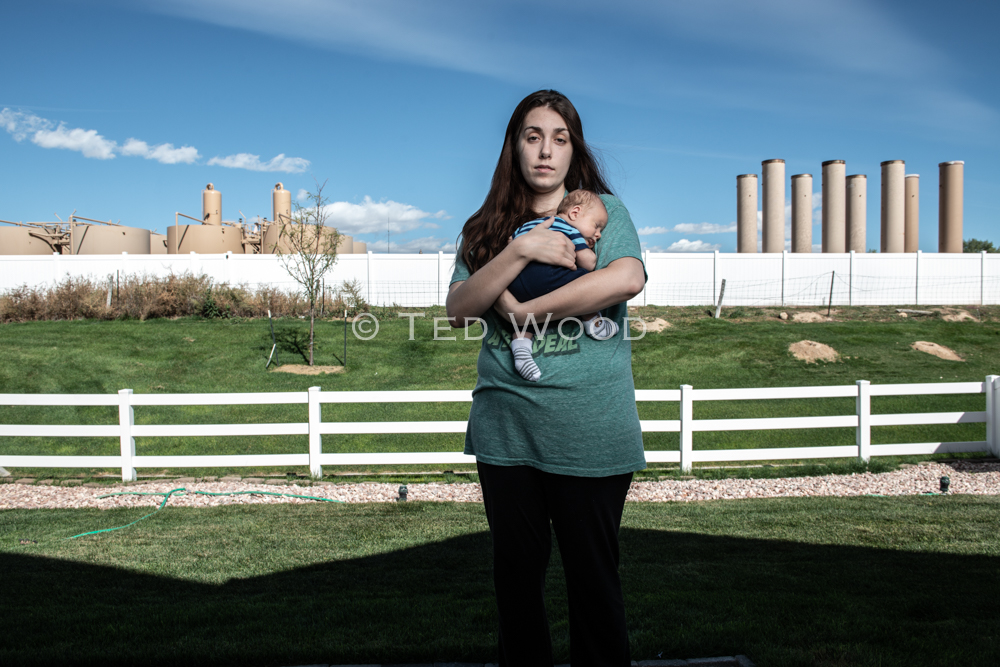
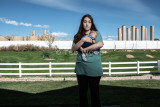
 Healthy Planet+Healthy Humans? (start time: 14:46)
Healthy Planet+Healthy Humans? (start time: 14:46) 


 Regenerative Medicine (start time: 7:30): We begin our series on
Regenerative Medicine (start time: 7:30): We begin our series on 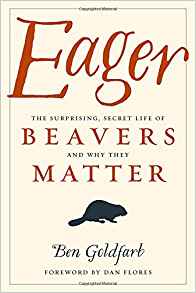
 Beth talks with author Ben Goldfarb about his new book, amusingly titled Eager: The Surprising, Secret Life of Beavers and Why They Matter. You’ll gain a better understanding of beavers’ myriad skills, and want to restore beaver populations in our local environments. Spoiler alert, we’ll have copies of his book available during the pledge drive show on Oct. 16.
Beth talks with author Ben Goldfarb about his new book, amusingly titled Eager: The Surprising, Secret Life of Beavers and Why They Matter. You’ll gain a better understanding of beavers’ myriad skills, and want to restore beaver populations in our local environments. Spoiler alert, we’ll have copies of his book available during the pledge drive show on Oct. 16.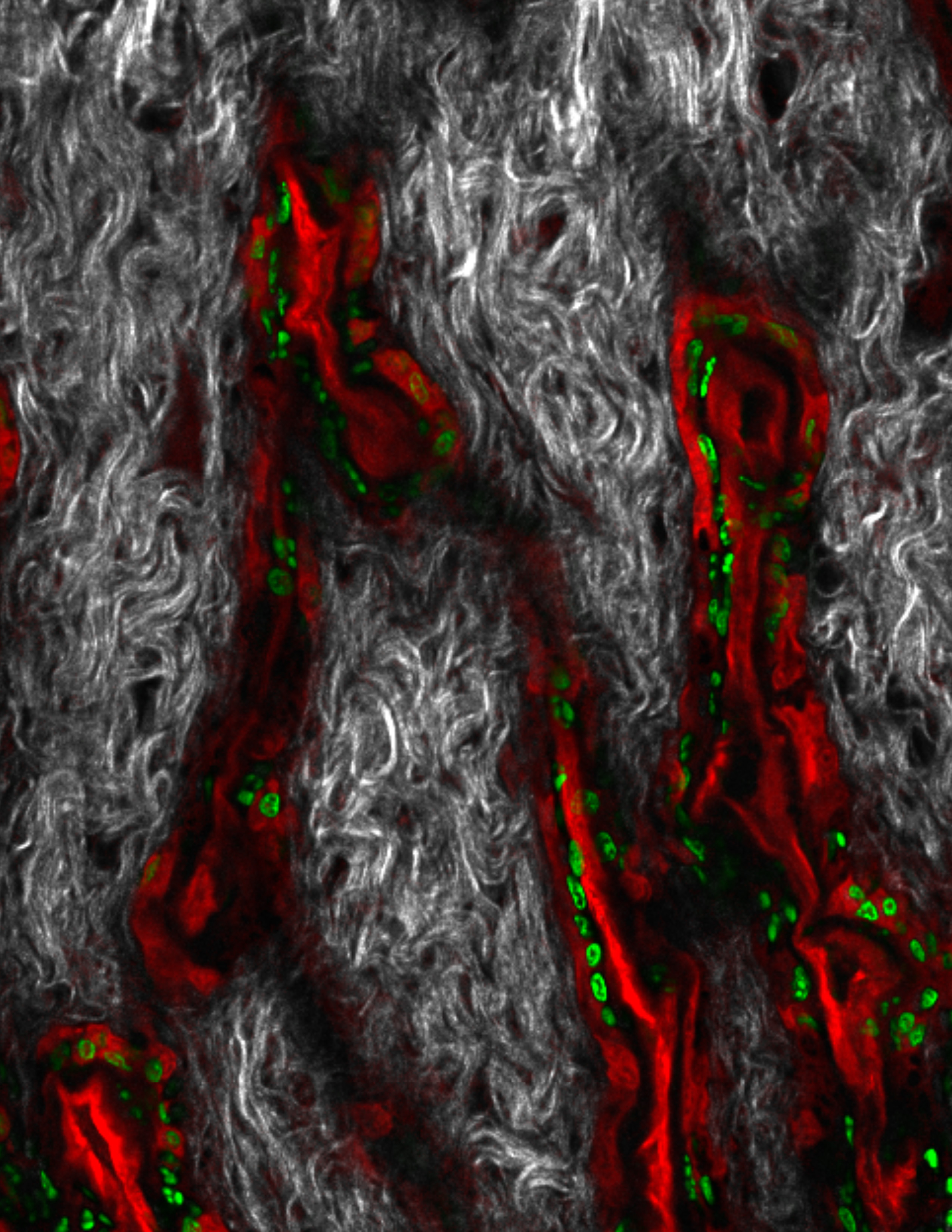
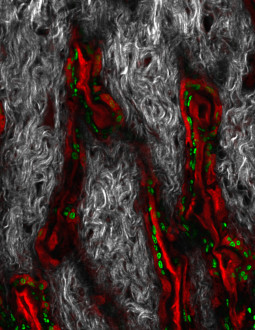
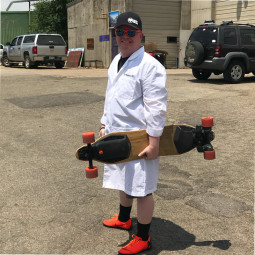




 The National Wildlife Federation just released its report, Safeguarding Summer: From Climate Threats to Iconic Summer Experiences. This report chronicles the latest scientific findings on these trends and shows how we can engage on these issues to save our summers now and for future generations. This week Beth interviews the lead author, Frank Szillosi, about the findings and predictions. You can find the entire report at the NWF website, https://www.nwf.org/Home/Latest-News/Press-Releases/2018/08-15-18-Safeguarding-Summer.
The National Wildlife Federation just released its report, Safeguarding Summer: From Climate Threats to Iconic Summer Experiences. This report chronicles the latest scientific findings on these trends and shows how we can engage on these issues to save our summers now and for future generations. This week Beth interviews the lead author, Frank Szillosi, about the findings and predictions. You can find the entire report at the NWF website, https://www.nwf.org/Home/Latest-News/Press-Releases/2018/08-15-18-Safeguarding-Summer.
 This week’s How On Earth offers two features:
This week’s How On Earth offers two features: Fixing Food Waste (start time: 17:59) We’re all guilty of it: waste. Tossing out peaches, broccoli and other food that has gone bad in the fridge. Or leaving pasta on our plate untouched at an Italian bistro. More than one-third of all food that is produced in the United States is wasted – in the field, at restaurants, in our own kitchens. The conservation organization World Wildlife Fund recently published a report on the huge environmental and health impacts of food waste, and on what can be done to reduce waste, and ultimately preserve grasslands and other natural habitat. Monica McBride, manager of
Fixing Food Waste (start time: 17:59) We’re all guilty of it: waste. Tossing out peaches, broccoli and other food that has gone bad in the fridge. Or leaving pasta on our plate untouched at an Italian bistro. More than one-third of all food that is produced in the United States is wasted – in the field, at restaurants, in our own kitchens. The conservation organization World Wildlife Fund recently published a report on the huge environmental and health impacts of food waste, and on what can be done to reduce waste, and ultimately preserve grasslands and other natural habitat. Monica McBride, manager of 

